Chipotle is certainly one of America’s favorite fast food chains. Since the first restaurant opened in Denver, Colorado, in 1993, they have become exceedingly successful and opened another 3,397 locations all over the country.
Of those nearly 4,000 locations, 477 can be found in the state of California. Golden State residents have always loved the Tex-Mex fair at an affordable price point. But now, those prices may be increasing significantly after Gov. Newsom increased the minimum wage for all California fast food workers.
Gov. Gavin Newsom’s Change to Minimum Wage

In September 2023, California Governor Gavin Newsom signed Assembly Bill No. 1228 into law. It stated that the minimum wage for eligible employees at fast food chains around the state would be raised by a whopping 25%.
Just over six months later, the legislation was officially implemented, and as of April 1, 2024, all fast food employees in the state of California were paid $20 per hour instead of the $16 they earned before.
Why Is Gov. Newsom’s Bill So Controversial?

The average California resident may not believe that Gov. Newsom’s bill regarding the minimum wage of fast food workers affects them. However, financial experts understand that it will most likely affect the vast majority of the state.
For employees at fast food chains, getting paid 25% more sounds fantastic and, of course, horrific to the corporations that have to pay them. But outside of that immediate reality, it’s also likely that prices in California’s fast food restaurants will increase, some might close, and others could let go of hundreds of employees.
Chipotle’s Big Announcement
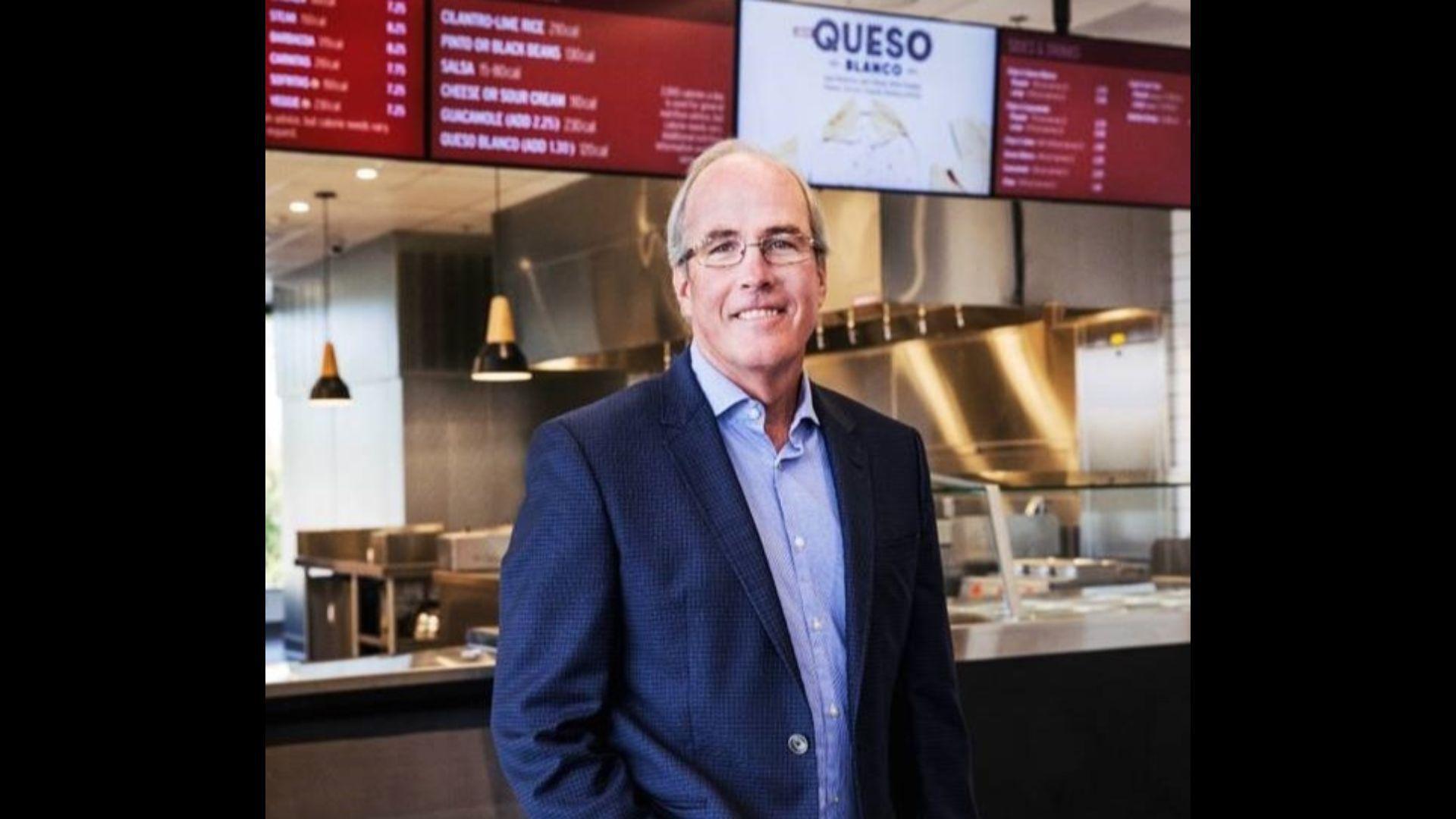
Since Gov. Newsom first passed the bill in September, franchise owners from around the state have vehemently opposed the ordinance. Many have publicly announced that under Gov. Newsom’s new bill, fast food chains won’t be able to survive, let alone thrive, in the Golden State.
Chipotle is just the latest in a long line of corporations to speak out against the bill. Jack Hartung, Chipotle’s chief financial and administrative officer, explained to his investors on an earnings call at the end of March 2024 that they will soon be making big changes at their California locations.
A Significant Price Increase at California’s Chipotles
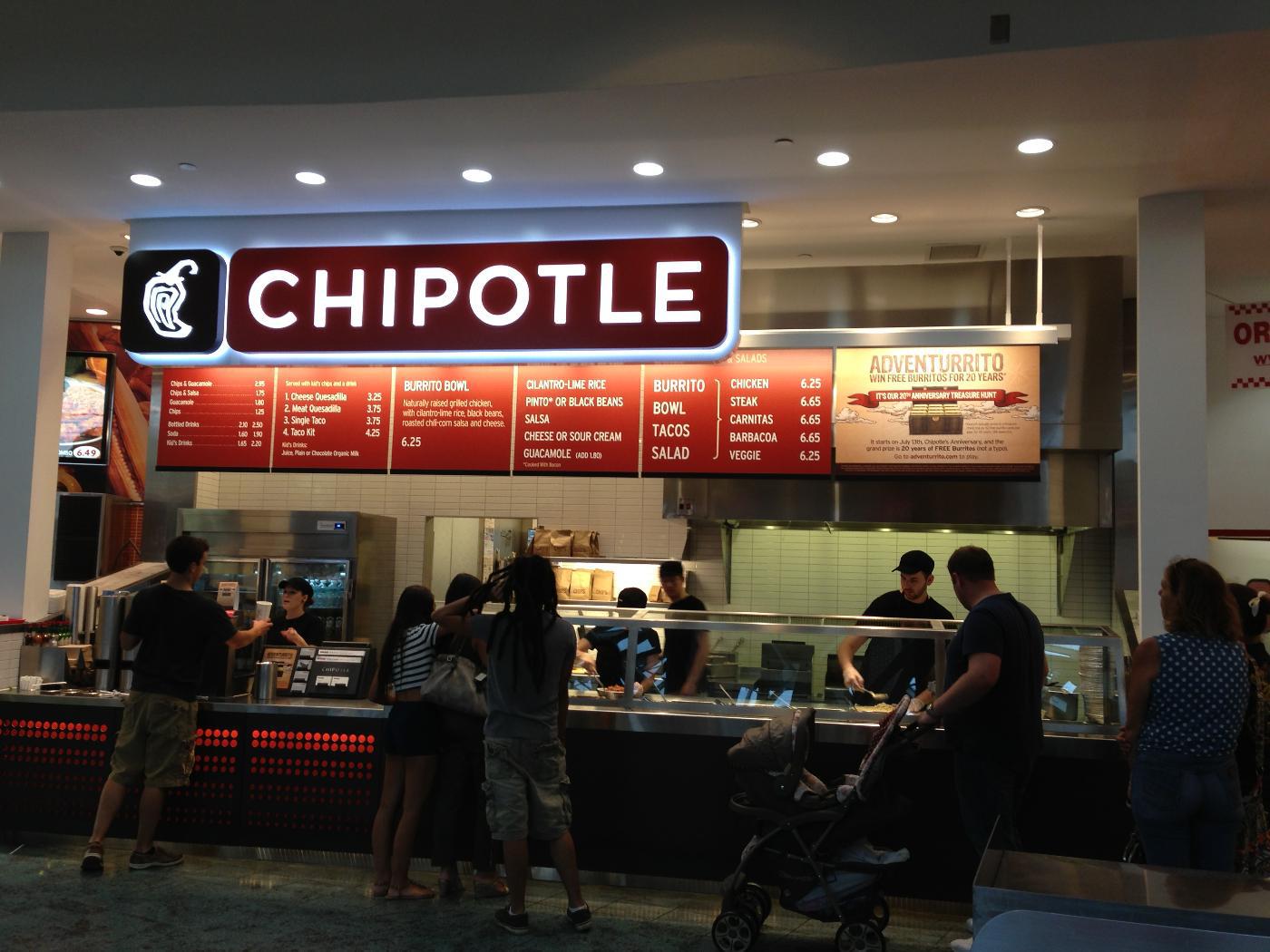
Hartung explained that California residents will have to prepare for a “significant” increase in the prices on their local Chipotle menus. He said, “We know we have to take something as a significant increase when you talk about a 20%-ish increase in wages.”
Hartung didn’t offer specific numbers regarding the price increase. Instead, he said, “We haven’t made a final decision, in terms of pricing. We’ll wait and see just what the landscape looks like, what the consumer sentiment is, what other companies are going to do.”
Chipotle Isn’t the Only Chain That Announced Increase Pricing in California
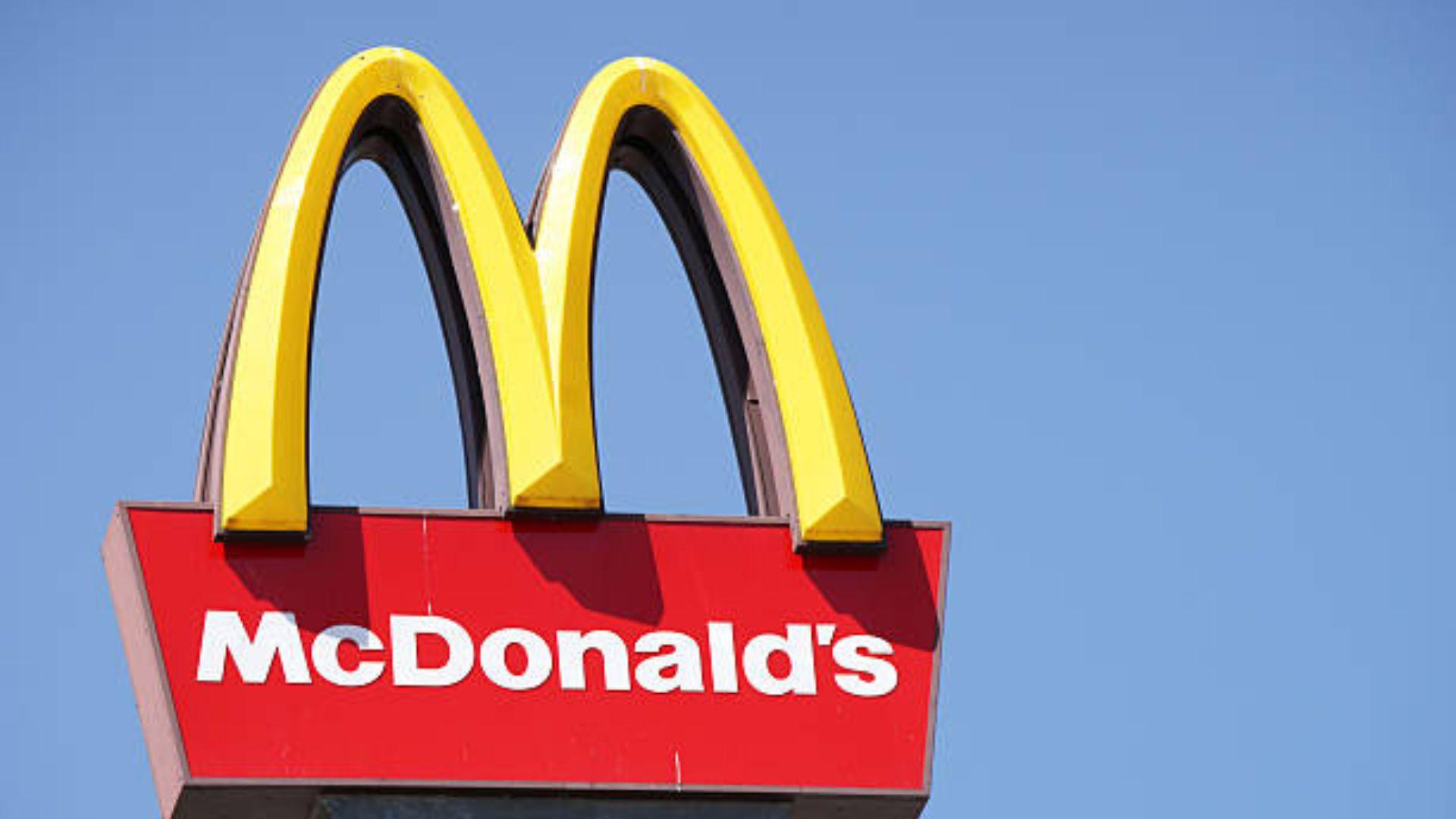
While Chipotle is in the hot seat this week after its big announcement at the recent investors meeting, it’s certainly not the only chain that has threatened increased pricing in California restaurants.
In October 2023, just after the bill passed, McDonald’s CEO Chris Kempczinski told the press that McDonald’s will also need to increase its prices in California in 2024 to offset the significantly increased cost of labor.
Does $4 Really Make a Difference?

It’s important to understand that while $4 per hour may not seem like an intense increase, for these absolutely enormous corporations, it really is.
In 2023, Chipotle spent a whopping $2.44 billion on labor, which was already 11% more than in 2022. Now, with the new minimum wage for the workers at the nearly 500 California restaurants up another 25%, their labor costs will increase by hundreds of millions of dollars in 2024.
Major Companies Actually Want to Keep Their Food Prices Competitive
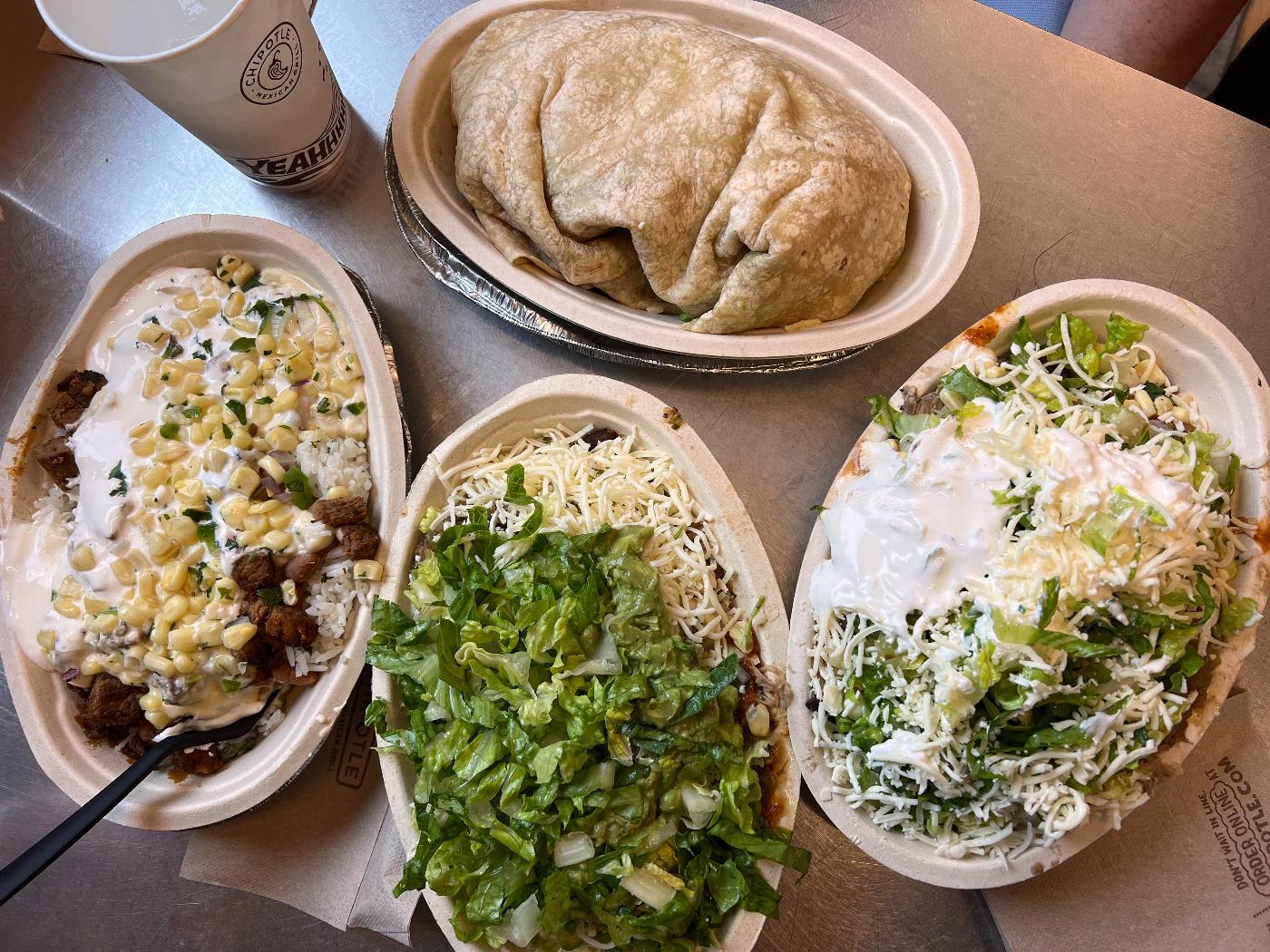
Many people see mega-corporations like McDonald’s or Chipotle as greedy, corrupt companies with no care for the average consumer. However, it’s crucial to understand that the average American consumer is who eats at fast food restaurants, and they unquestionably care about making them happy.
While prices at fast food restaurants have been climbing steadily for years, these companies are still doing their best to keep prices as low as possible as they do not want to alienate their entire customer base.
Many Americans Have Already Stopped Eating Out Thanks to Inflation
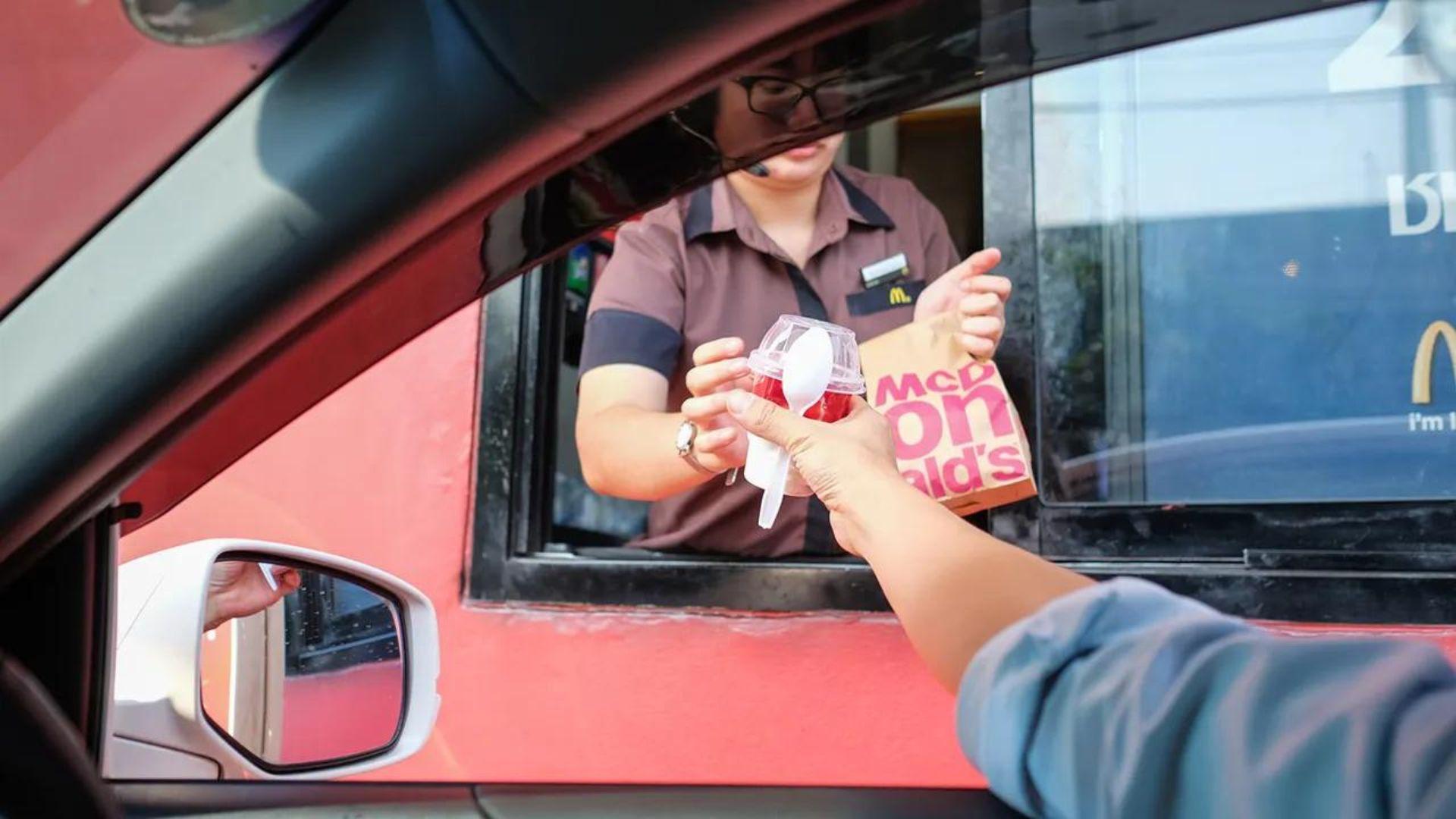
Unfortunately for both these companies and Americans, inflation has led to higher costs than ever before. These days, some McDonald’s locations are charging $18 for a Big Mac meal.
Consequently, many low-income Americans have already reduced or even eliminated fast food restaurants from their diets. And there is no doubt that the giant corporations will feel this loss over the next few years.
Gov. Newsom’s Bill Could Mean Big Lay-Offs for California’s Fast Food Restaurants
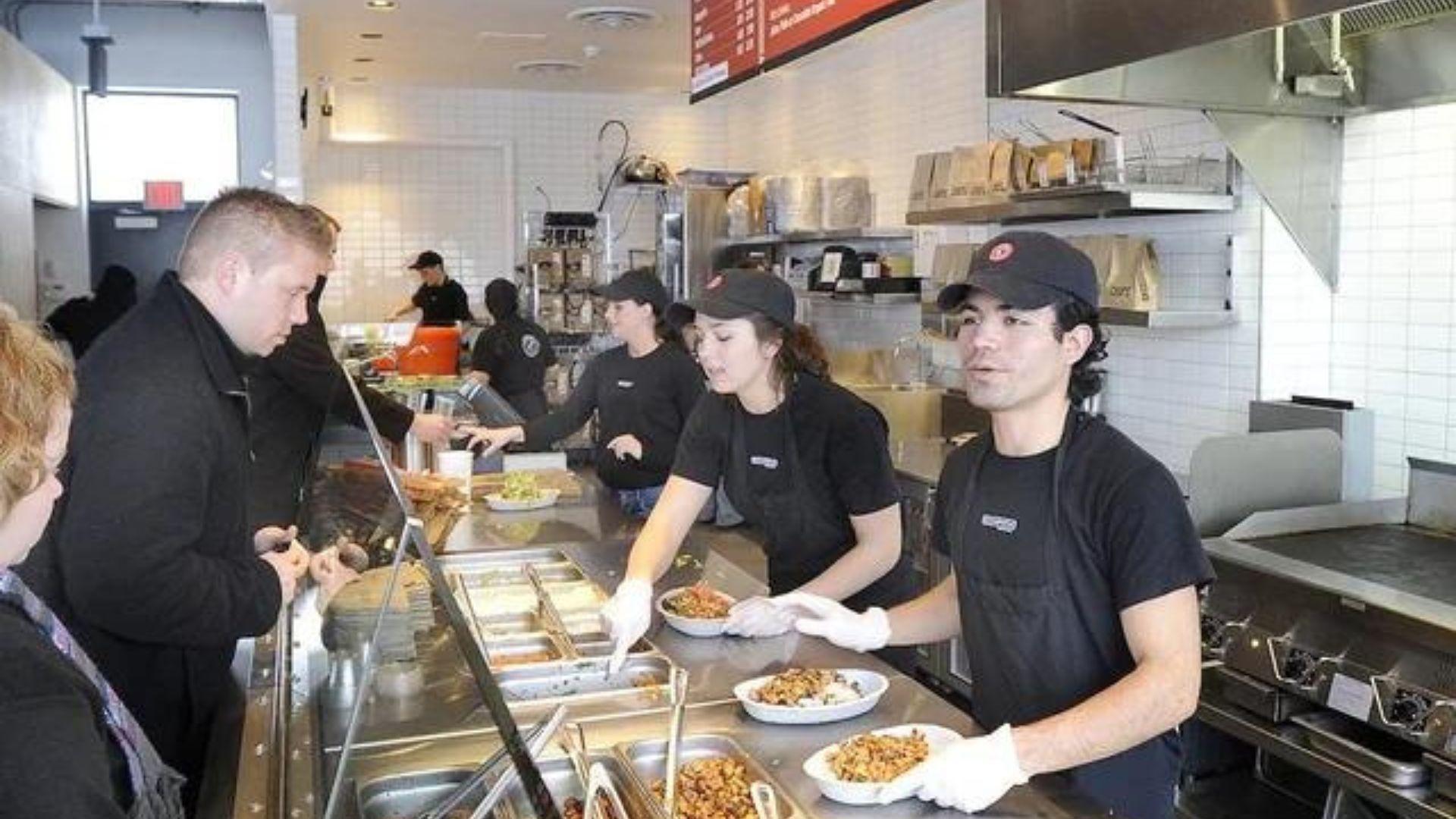
In order to combat the increased cost of labor in California, some fast food chains may decide to cut back on staff.
Although no fast food chains have announced that layoffs are in the near future, it’s extremely likely that they will do so soon. Once they create a new annual budget with the increased minimum wage and price tags, other big changes will be on the way.
Who Will Work at California’s Fast Food Restaurants?
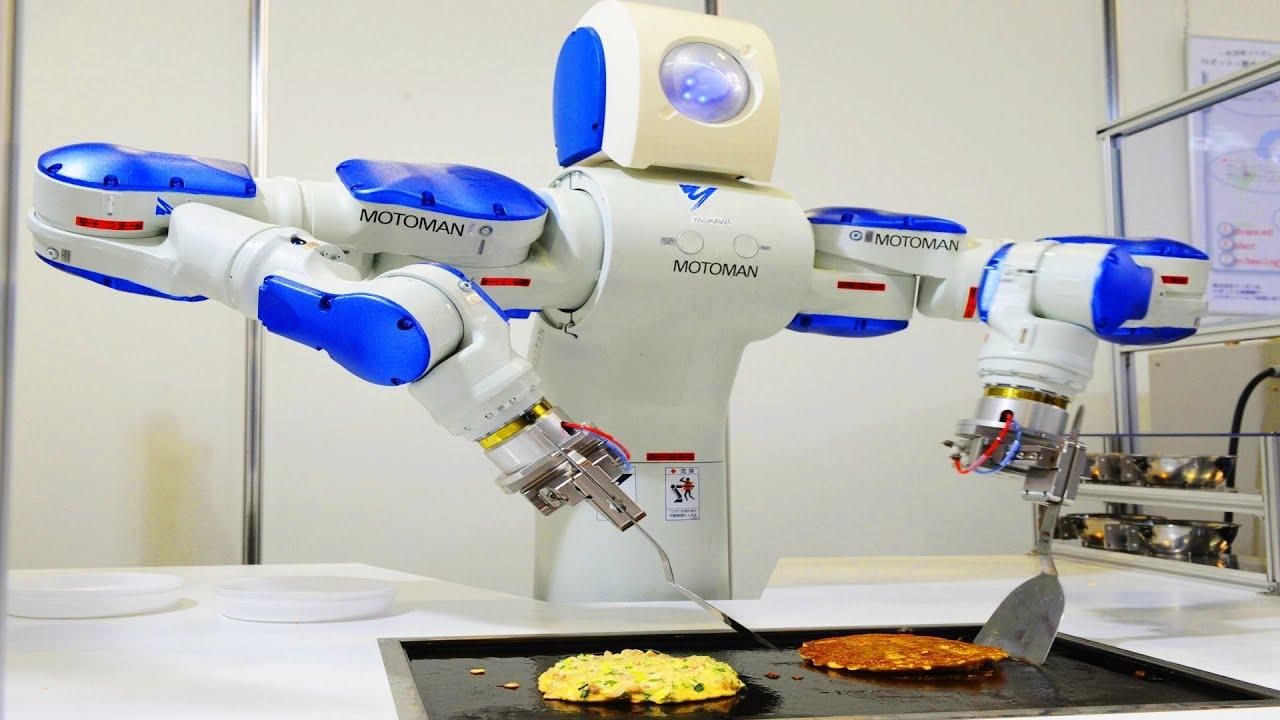
In fact, Chipotle has already said that it’s exploring the possibility of investing in AI in the hopes of decreasing the growing cost of labor over time.
In 2023 Chipotle told the press that it was testing robots to replace its human employees and make their beloved guacamole and even build the company’s popular bowls for customers.
Is Gov. Newsom’s Bill for Fast Food Workers Helping or Hurting the State?

Is Gov. Newsom’s Bill for Fast Food Workers Helping or Hurting the State?
For now, it seems that residents, workers, and companies within the state will have to wait and see what unfolds next. If prices continue to increase in California, the state will almost certainly struggle to keep its businesses and residents from moving to other, more affordable states.
